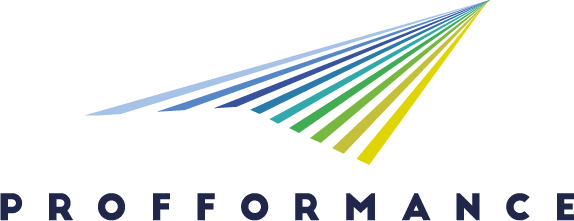MATCH
Middle Ages in 21st Century Teaching
- 01 - Education
- 02 - Arts and humanities
2. Innovative teaching and learning
- Differentiated instruction - promoting diversity of materials and learning styles
- Online and offline cooperative and collaborative work – developing engaging dynamics in the learning process
- Innovative online and blended learning methods, engaging and participative hybrid learning organization
- Innovative physical classroom activities
The course is part of the History graduate study program as an internal elective course of the teaching module. Namely, due to the growing need to introduce digital aids both in the teaching process and in scientific research, the course was included in the offer of the study program in order to point out to students all the possibilities of using digital and online tools and platforms. However, due to the wide application of selected digital tools and online platforms, the course is useful to all other future teachers and researchers in the humanities. Subsequently, the course became a part of the YUFE (Young Universities for the Future of Europe) network from 2020. The course implies an interdisciplinary approach to learning and teaching, combining skills and competencies acquired in the humanities with skills and competencies acquired in the computer sciences. With such an interdisciplinary approach to learning and teaching, the acquired learning outcomes indicate the realization of creative teaching. With an interactive approach, this course implements digital tools to the following content: creating interactive maps and timelines; making interactive maps to show the medieval political structure; feudalism in the digital representation; learning about everyday life in the Middle Ages through digital illustrations, quizzes and games; medieval warfare through digital simulations; teaching the problems of the nobility by making coats of arms; the Middle Ages in modern literature; and film as a source for teaching history. Some of the students who successfully completed the course are implementing what they learned as members of the Erasmus+ Programme KA2 Strategic Partnership - WAAT project (grant agreement N° 2020-1-LT01-KA204-077823) since 2021.
Methodology
Tools, equipment, technology used
Outcomes and outputs, main results
Lessons learnt
Adaptability and sustainability of the best practice (for other institutions)
Promotion of best practice
Scope and impact
- Course/department level
- Faculty level
- Institutional level
- Cross-institutional level
- EU/EHEA/International level
6.1 Digitalization
- Outstanding, innovative, excellent practices of online / blended / hybrid learning
- Innovative, novel methodology in using digital tools/devices in teaching
- Digital skills development and assessment both general and profession-related, embedded in course design, in teaching and assessment
Reasoning: The course applies Web 2.0 e-learning tools and digital platforms in the teaching process (maps, charts, digital simulations, quizzes and games, tools for organizing and easier memorization of content, tools for making presentations, tools for making educational booklets and videos, etc.) with the aim of achieving practical skills that can be implemented in future professional work.
6.2 Internationalization
- Students engagement in international projects
- Courses implemented in international cooperation (projects, co-teaching, virtual/blended mobility, etc.)
- Courses offered to international multicultural students both online and offline
Reasoning: Students who attended this course are currently engaged in the Erasmus+ WAAT project. There they implement digital practices and skills they acquired through this course. The course is part of the YUFE network which familiarizes the course to international multicultural students and also demonstrates engagement in international cooperation.
6.3 Inclusion and diversity, universal design
- (Innovative) use of devices and tools for inclusion
Reasoning: Digital tools and platforms offer a great level of inclusion of all students and future educators as it facilitates the transmission of knowledge. By implementing digital tools and platforms to history teaching material it demonstrates how one can achieve easy learning outcomes while also promoting critical thinking and analyzing and interpreting historical data.
6.4 Sustainability
- NOT RELEVANT
Reasoning:

